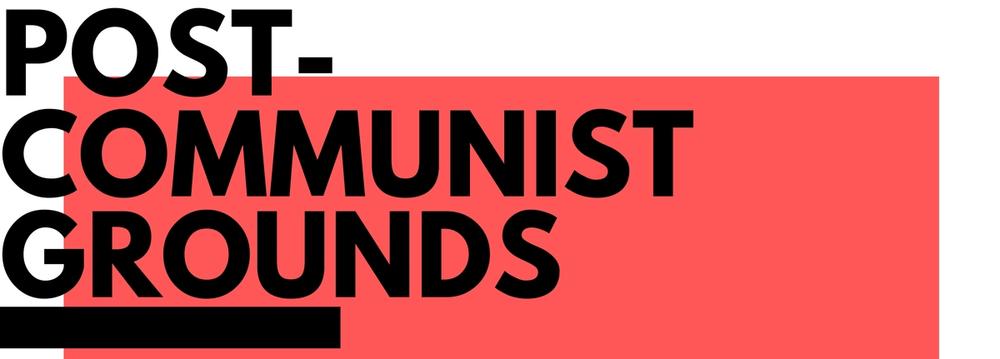Call for contributions deadline: 18th December
3-day retreat:
May 18 – 21, 2023
This is a call for contributions to a two-part creative project, involving an artists’ retreat in May 2023 in the UK, and a subsequent collaborative publication in 2024.
Over the past three decades, post-communist societies have undergone processes of accelerated capitalist market-driven reforms, adopted under the guise of the need to catch up with “Western” modernity. Some of the effects of this neoliberal course have included the financialisation of public infrastructure; the subjection of sectors such as healthcare and education to a free market logic; the turning of former socialist countries into reservoirs for cheap labor power; the discarding of pre-1989 historical experience in these societies; and the diminishing of the capacity to formulate an alternative to the currently dominant neoliberal paradigm. These socio-economic pressures also represent a challenge for artistic practice, which increasingly has to respond to the demands of a Western-centric art market. We hence witness the devaluing of post-communist contexts as a site of cultural and aesthetic production, unless it caters to and can be easily absorbed into this market’s logic.
The present project aims to bring together artists, writers and creative practitioners engaging with the terrain of post-communism from a variety of perspectives and with different aesthetic tools. The driving question behind this venture is what constitutes the “commons” of post-communism and how can we build and inhabit “common grounds” today?
Some sites of thinking such common grounds include, but are not limited to: un/common memory; struggles around housing and public (road) infrastructure, healthcare and education; networks of solidarity and cooperation before and after 1989; contested visions of the future; struggles over common natural resources. Approaching these sites as contested, rather than neutral terrains prompts questions such as: how are these common grounds composed and what are the ruptures and tensions currently defining them? What constraints on our capacity to reimagine and radically change them are currently at work? How do we collectively relate to commons, which are subjected to continuous privatisation, enclosure and erasure? What visions of a “future” and a “past” can we formulate when situated on the terrain(s) of post-communism? What kind of communities do we want to build with and on these grounds? How do we account for those voices and narratives, which are currently excluded and silenced?
If you are interested in participating, send an abstract/expose (up to 500 words) of your proposed contribution outlining its format and methodological/artistic approach in response to the call to: neda.genova@warwick.ac.uk by 18.12.2022. Bear in mind that the project’s final output is envisioned to take the shape of a printed publication, and this poses some formal constraints on the type of contributions that will be accepted.
Possible formats:
Essays, short stories, flash fiction Photographs and photographic series Visual essays, collages, posters, comics Interviews and discussions
Creative presentations of archival materials
Anything else that can be printed (feel free to discuss ideas via email)
Decisions of acceptance will be made in the week starting 09.01.2023.
A 3-day artists’ retreat will be held in person in BOARC (Bidston Observatory Artistic Research Centre) in the UK between May 18 – 21, 2023. More information about the organisation of the workshop and the subsequent publication (planned for 2023/24) will be communicated to invited participants in early 2023.
The participation in the May 2023 workshop (travel, accommodation and subsistence) of up to 12 participants will be reimbursed. If you have access to institutional funding, get in touch as this would potentially allow the increase of the number of invited participants.
Contributors will be paid £250 in the second part of the project (2023-24) following the submission of their final contributions to the joint publication.
Welcome to BOARC,
You can read this website in a simple font or BOARC Courier which was created just for the project. If you change your mind you can easily switch using the accessibility bar at the top of the page.
This window will disappear in 8 seconds
